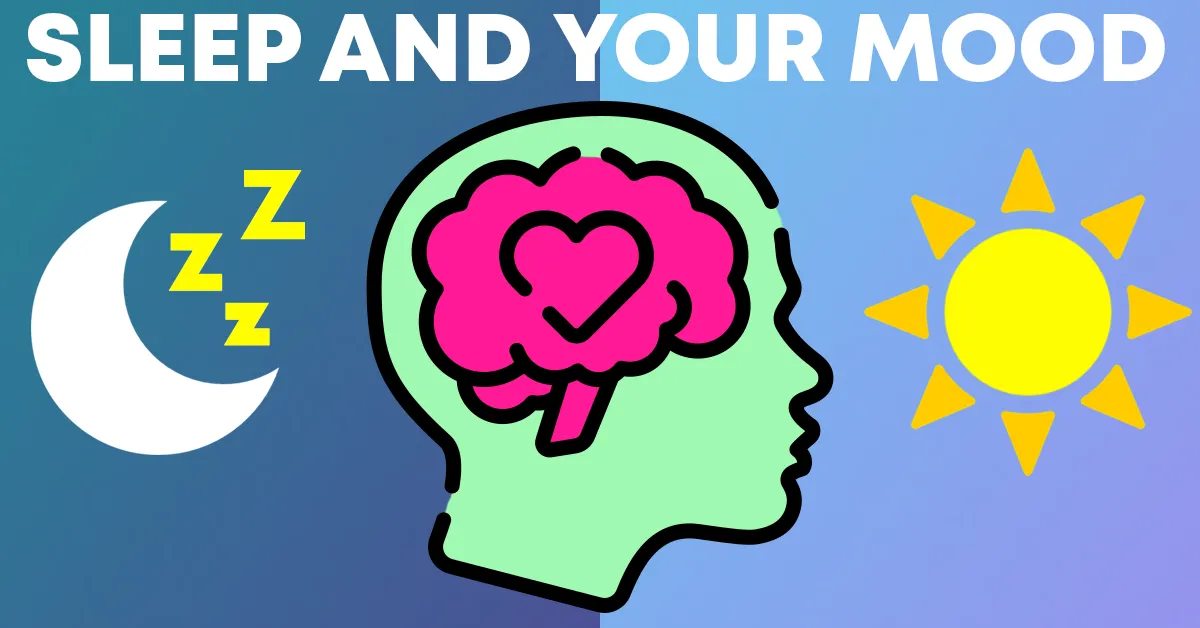Your sleep plays a pivotal role in your physical and mental health. You have probably observed that a lack of sleep causes you to be irritable and more stressed under difficult circumstances.
Our lives can be busy, and because of that, it can be easy to cut out sleep. But ultimately, a lack of sleep will have a negative impact on other aspects of our lives.
How much sleep do you need?
The amount of sleep we need varies with age, but it is often recommended for adults to get 7 to 9 hours of sleep each night. You can find a table on the Mayo Clinic’s website that displays a breakdown by age here.
Circadian Rhythm – the tempo of your day
Your circadian rhythm works to control your daily functions such as wakefulness, body temperature, metabolism, digestion, and hunger.
This 24 hour cycle your body goes through is influenced by light/dark cycle that makes us most awake and comfortable during the day.
Your circadian rhythm plays a role in releasing hormones, influencing eating habits, and regulating body temperature.
How does sleep impact your mood?
Even if you are meeting the 7 to 9 hours per night recommendation for adults, your mood can still be negatively impacted if the time you are waking up fluctuates from day to day.
A bad night of sleep can increase your negative moods while dampening your positive moods when something good happens. A consistent pattern of poor sleep puts you at an increased risk of depression, anxiety, or bipolar disorder.
About 40% of insomnia patients (can not fall asleep or stay asleep for extended periods of time) are clinically depressed. Those with chronic or long-term insomnia are 20 times more likely to develop an anxiety disorder than those that sleep normally.
Because of this chain of connections, it is possible that returning to a normal sleep schedule may, reverse some of the psychological complications patients experience.
What about Melatonin?
Melatonin is commonly used as a sleep aid and is a naturally occurring chemical in your body. When it is dark at night there are signals that are sent to your pineal gland which in turn releases melatonin to make you feel sleepy.
The timing of the release of melatonin plays a valuable role in ensuring you start to feel sleepy at the right time of the day, not too early or late.
Can I change my Circadian Rhythm?
Changing your circadian rhythm can be difficult as it is primarily determined by your genetics. In general, your rhythm will shift over the course of your lifetime.
While your rhythm may shift towards staying up later at night in your teens, it tends to shift towards waking up earlier as you age farther into adulthood.
While it is often easier to shift your lifestyle around your circadian rhythm, the importance is consistency. Commit to getting up at the same time each day to establish a consistent wake-up time.


